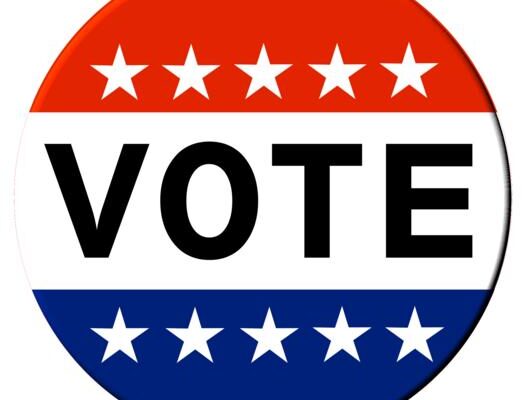What you believe about human nature . . .
. . . may well determine how you vote.
If government is your solution to problems, you probably vote one way.
If citizens are your principle answer to issues, you probably vote the other.
Watch our Truth in Two to find out why (full text follows).
Election choices begin with theological belief.

Subscribe to “Truth in Two” videos from Comenius (here). Mark is President of The Comenius Institute (website). Dr. Eckel spends time with Christian young people in public university (1 minute video), teaches at Indiana University Purdue University at Indianapolis, and interprets culture from a Christian vantage point (1 minute video). Consider becoming a Comenius patron (here).
Picture Credit: Luke Renoe, Snappy Goat
FULL TEXT
Your political beliefs follow your theological beliefs about humanity. Let me explain.
Say you believe that people are basically good. You believe that people can get better and better over time. You believe whatever you deem as “bad” is outside of us. Anything that is “bad” corrupts the goodness in people. What you think is “bad” comes from other people, their beliefs, how their views impact you.
What will you need to attain your position that people are basically good? You will want government programs to make people better and taxes to pay for those programs. If people are good and the world outside them is bad, a top-down authority to make sure people remain good, is in order.
But say you believe that people are permeated by corruption. You believe that people, left to themselves, will degenerate. You believe whatever is “bad” begins within yourself. Anything that is “bad” corrupts institutions and systems. You think that what is “bad” comes from within yourself.
What will you need to attain your position that people are corrupt? You will want law with personal responsibility. Laws will be necessary to keep corrupt people from corrupting others. And if you believe that you are the problem, you will realize solutions to problems begins with yourself, not government.
Your political beliefs come from beliefs about people. If you believe humans are good, you will want some government program to make sure they stay good. If you believe humans are corrupt, the only thing you will ask of government are laws to keep corruption in check.
So what kind of theological beliefs drive your political beliefs? For Truth in Two, this is Dr. Mark Eckel, president of the Comenius Institute, personally seeking truth wherever it’s found.



To My Dear Friend, Dr. Eckel:
With all due respect, I believe your dichotomy is not only too simplistic, it is also not a true dilemma. For one thing, it appears that the first position describes the Democratic Party and the second one describes the Republican Party, although you do not clearly indicate this. Furthermore, you seem to assume that your readers will only vote either Republican or Democrat. I know you know that these are not the only two options.
I believe you would agree that the following propositions are all rooted in a Christian worldview. Naturally, they do not apply to Jesus Christ. After stating the propositions, I will pose my questions.
1. Despite every human being born totally depraved, this is a legal standing before God that does not mean the image of God was totally obliterated. On the other hand, total depravity can have behavioral implications.
2. Because of these facts, all human beings are capable of committing the most heinous crimes or achieving great good. Nonetheless, their motives as unregenerate individuals are always improper in some way or another, regardless of how much their good deeds might benefit others.
3. Some individuals, on the other hand, are regenerate and have two natures, which allows them to do good with a proper motive, do good with an improper motive (i.e., a selfish one), or do bad.
4. My tentative conclusion is that, despite knowing that human beings are capable of doing great evil or great good, we cannot predict which they will choose. Neither theological position can predict a person’s behavior–in the case of the first position because the human race has produced some really bad apples, and in the case of the second position because some human beings have done great good without being forced by regulations.
5. Finally, we are not only talking about the nature of the general populace, but also of the candidates. While platform might carry more weight than personal morality in an election, it seems difficult to separate the two in a Christian worldview (given the opportunity to decide between one individual and another–which is not always the case).
Based on these premises, can you tell me how I will vote in the upcoming election and, if you dare go one step further, why I would vote that way?
Feel free to question me further if you feel it would help you make a prediction. I am not trying to be difficult. I am only taking you up on your challenge: “I bet I can tell you how you will #VOTE.”
Thank you.